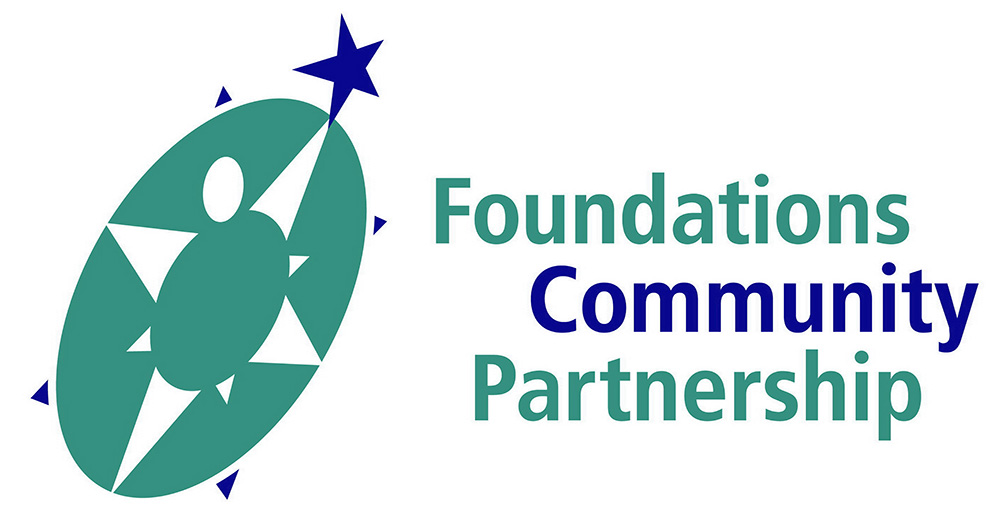Final Workshops for the Foundations Community Partnership, Mental Health Lecture Series, May 6, 2009.
Morning Session:
Teach Your Parents Well: “Adolescent Development in a Dysfunctional World”
Elio Frattaroli, M.D.
The process of healing, growing, becoming our fully human selves is a lifelong process, energized by a powerful life force inside us, which is particularly strong in adolescence. We are impelled to organize our own desires, values and abilities into a unique identity, in contrast or opposition to our parents. Elio Frattaroli, M.D. will illustrate, using Hamlet’s depression and his adolescent struggle to become himself to show how healing the soul-becoming ourselves- happens through paying attention to our disturbing emotions.
Afternoon Session:
The Albert Honig Lecture “Madness and Hmanness”
Based on the Academy Award nominated film “Other Voices”, the film “Madness and Humanness” studies the treatment of several schizophrenic patients at the Delaware Valley Mental Health Foundation in Doylestown, PA in 1970. Containing updated footage and explanatory dialogue, this film examines the Medical Director/Founder Dr. Albert M. Honig’s philosophy of treatment in a small, innovative, caring community. The film follows the course of treatment of three patients in which Dr. Honig works on “reconstructing the personality” in dealing with chronic mental illness. Following the film there will be a discussion with Dr. Honig. An esteemed psychiatrist, Dr, Honig graduated from the Philadelphia College of Osteopathic Medicine in 1951. He is the author of “Hard Boiled Eggs and Other Psychiatric Tales”, “The Awakening Nightmare” and “China Today: Sin or Virtue?”. Dr. Honig has lectured on chronic mental illness around the world.
Both of these sessions pesent profound concepts in the care of patients with chronic mental health problems.
We are expecting a lively discussion based on the number and variety of registered attendee’s for both sessions.
Don’t forget to contribute to the BLOG!

This mornings workshop was great. It took me back to the early days when psychotherapy was “King” and medication took the “back seat” in the treatment of mental illness.
It is interesting that no one mentioned the impact of insurance payments and the HMO policies that support medication but limit payment for psychotherapy with chronically ill mental health patients.
Perhaps we have accepted this as the norm? If so, I am disappointed.
Any Comments?